Would you like to take a peek behind the scenes of a research process? ‘Systems dynamics’ aims to address the system as a whole. Here’s how…
If The Inclusivity Project is to galvanise governments and local policymakers to make changes when it comes to employment, small businesses, and an inclusive workforce, we are going to need evidence. Evidence proves and persuades.
Here’s how researchers from the University of Exeter department called European Centre for Environment and Human Health generate the kind of evidence that we hope will create change to the landscape of inclusive employment in Cornwall. We also hope it’ll tell us exactly which policy changes would be most effective.
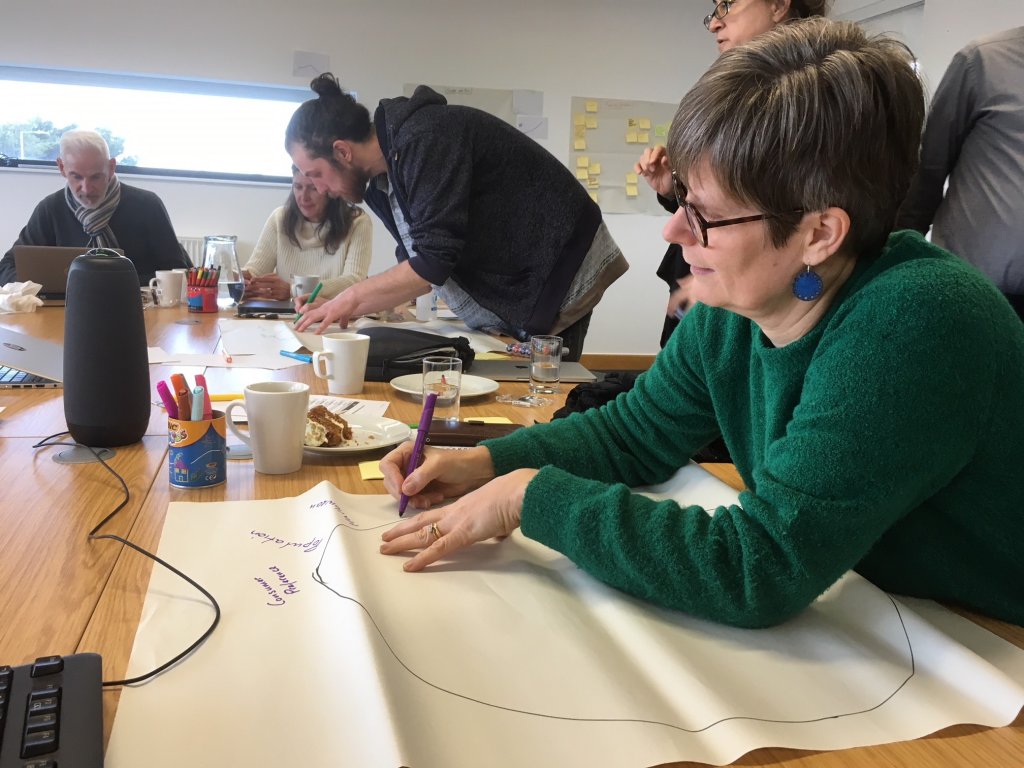
‘Research’ can sound pretty abstract.
Are scientists with circular spectacles hunched over books and journals? Are techie whizzkids holding their breath as they hit ‘run’ buttons on computer programmes? Are eager market researchers with clipboards conducting a survey? Or… what exactly ARE researchers doing?
There’s a video coming up that’ll show you what I found REALLY happens.
Why research is often ‘behind closed doors’.
Before I show you though, I should flag up that I wouldn’t normally be allowed to wander into a research workshop waving my cameraphone around, as I clearly did in this case. That’s because research has to be ethical and is often confidential. Also, academics don’t often want to pre-empt their findings and so they usually prefer to wait until they have results before they discuss their work.
So how did I get this video? Well, this video was taken at pilot sessions for a research workshop that we are about to run for real (in other words, they were only practise workshops, with members of our Inclusivity team and our partners being the participants).
Check out this 4-minute video where I get my mind blown by ‘system dynamics’ as we try to get a detailed, all-encompassing view of the entire system around work, ill health, age and disability – and why we’re doing this research.
I came out really excited about the potential of this work, so why don’t you take a look at what we’re doing?
Why are we doing this research?
The Inclusivity Project is spearheaded by University of Exeter, so naturally we have four researchers working on three different strands of research into disability, ill health and employment from the small business perspective.
Some of those pieces of research are quantitative – gathering data from a large pool of people. And some are qualitative – hearing people’s stories and experiences in their own words. We hope that over the next two-and-a-bit years, these strands of research will give us both detailed, and the big picture view, of the inclusive employment situation in Cornwall, as well as suggest pathways forward and solutions.
All our research at The Inclusivity Project is focused around disability, long-term illness, and older workers – from a small business perspective.
Why? Because employing people, and especially people who are disabled or long-term ill or older, isn’t as straightforward as it could be. Businesses struggle to recruit, feel the pressure when relied-upon workers get ill, and when it comes to disabilities, many have concerns about ‘getting it wrong’.
On the jobseeker side, it’s not an easy ride either. We know that many older people, as well as disabled people, are still getting overlooked for work. People who find work can’t always continue with their full-time responsibilities and sometimes relinquish their job when a disability or long-term condition gets in the way, or when they have to care for another family member for example, rather than employers finding ways to adapt and retain their talent.
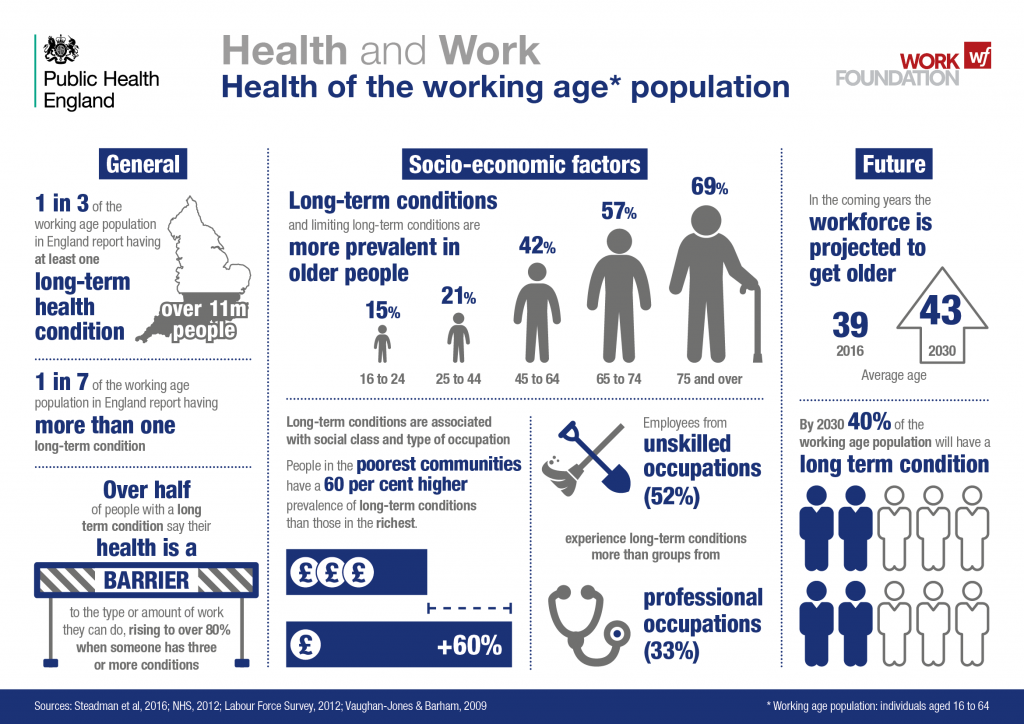
This is a situation we’re all working on. The forward-thinking approach of individuals and organizations can (and does) help – but perhaps the system also needs to change.
‘Systems thinking’ – the method we are using for these particular workshops – are a way of looking at all the different elements of a challenging situation, and thinking about how each part has a knock-on effect (be it positive or negative) on the other areas.
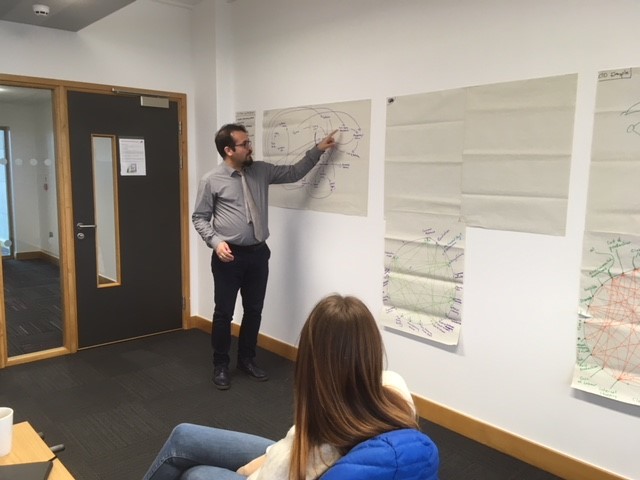
“Instead of just looking at the trees, we are looking at the whole forest .”
Inclusivity project researcher and workshop leader, Dr Esmaeil Khedmati-Morasae
If you’d like to read more about Esmaeil’s work, and about our systems dynamics workshops, take a look here.
_________________________________________
Have you already signed up to our newsletter…?
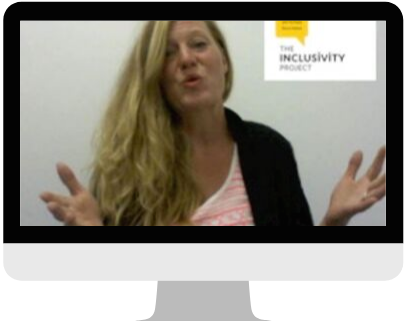
When you sign up, you get a free exclusive 10-minute video training, The Five Workforce Trends Every Small Business Should Know About, as well as getting a summary of the same info in time-saving, easy-to-digest infographic format.
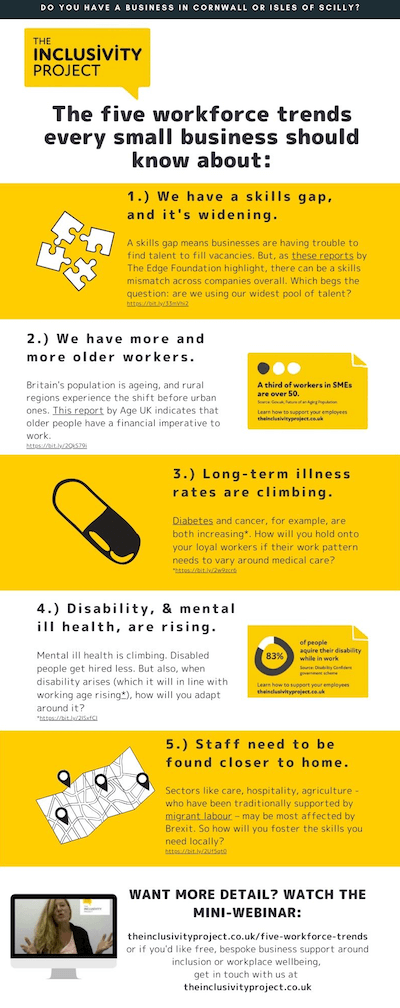
You’ll also hear about all opportunities to get business support if you’re in Cornwall or Isles of Scilly, and to be the first to hear about the research that comes out of The Inclusivity Project.

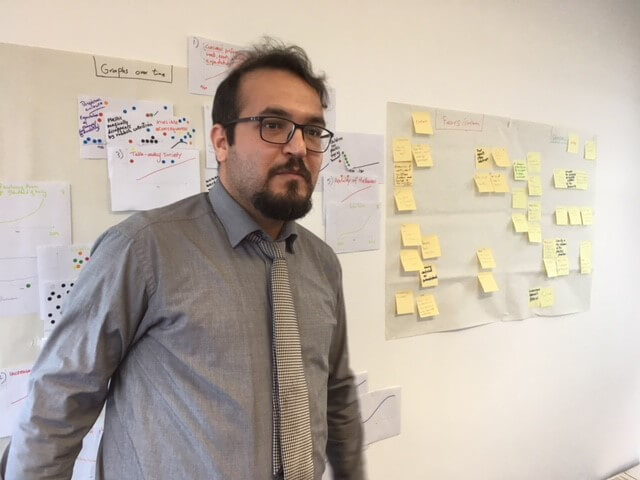
Recent Comments